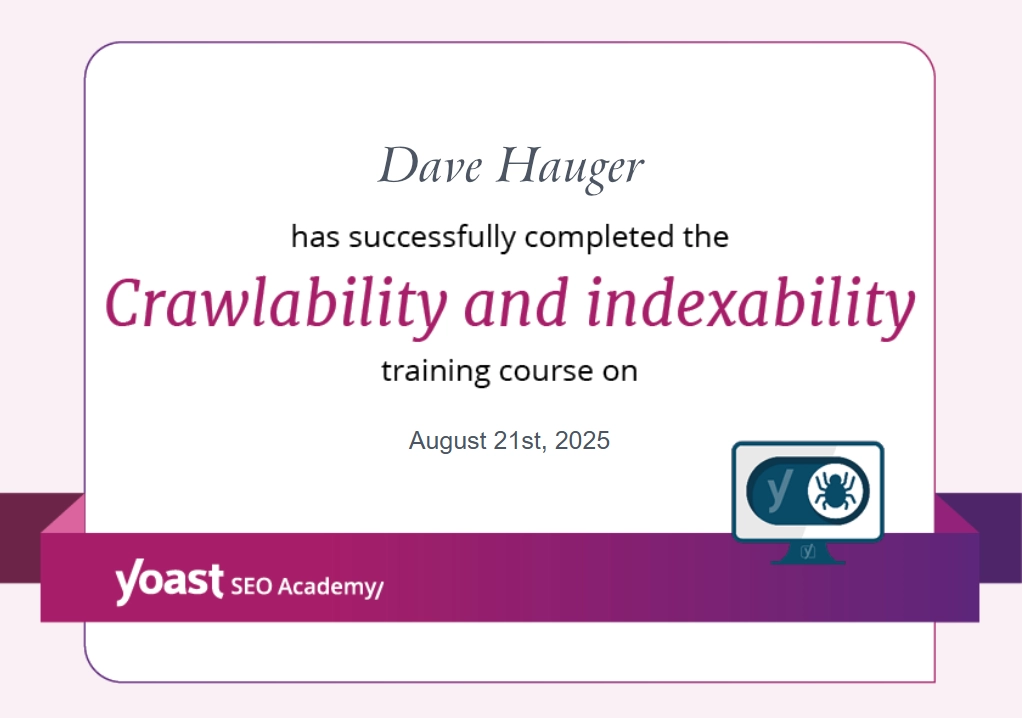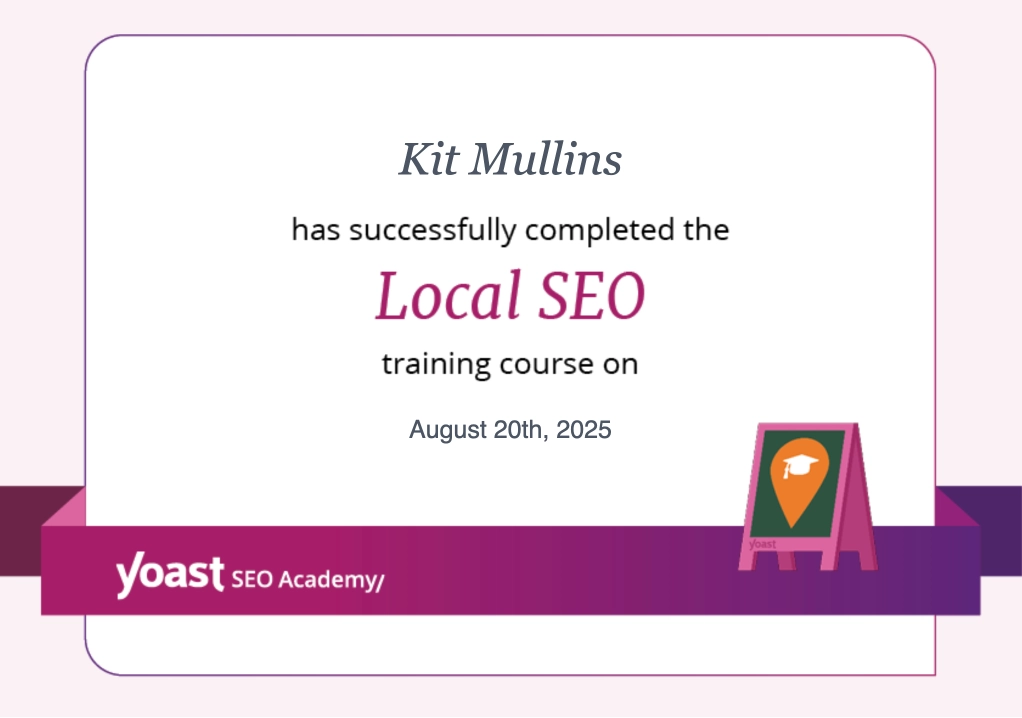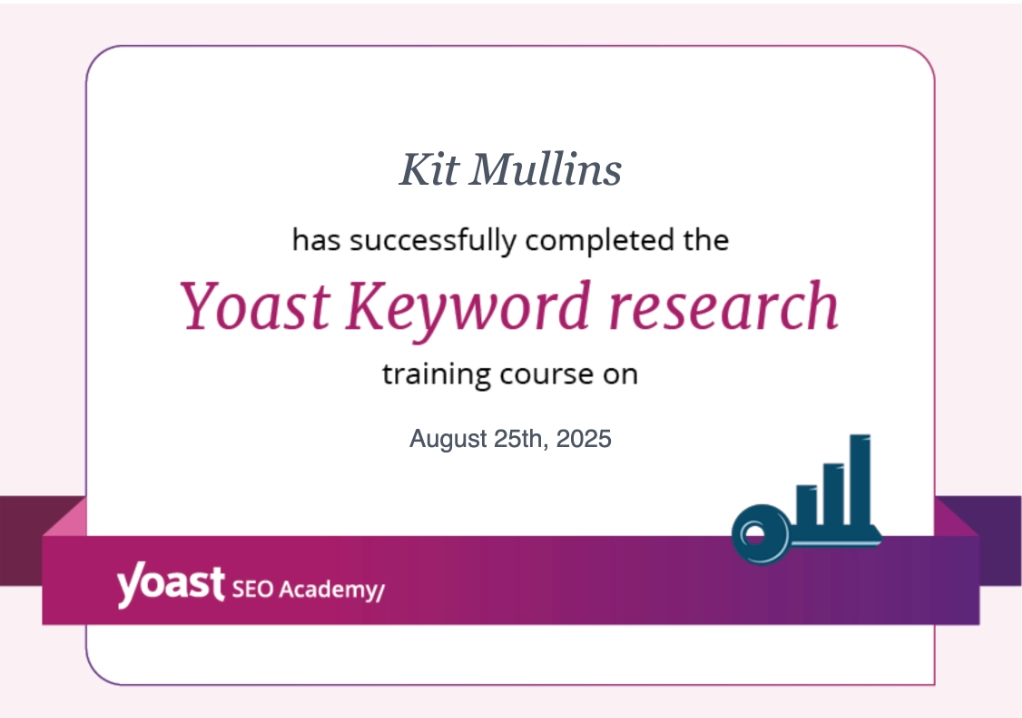SELLING DOMAINS IN THE MARKETPLACE
by Daniel Ng
If you’re interested in selling domains on a marketplace website, you can take some steps to ensure your domains are attractive to buyers and that they stand out from the competition.
In the discussion that follows, I will direct you through various steps to effectively selling domains. The process ranges from evaluating domain names to showcasing the domain names to posting to arranging and finally to bringing a deal to a close with a completely safe method for moving the space name to its new proprietor and the vender (that will be you) ensuring installment. Selling domains is not complicated if you will follow these steps.
For one, the practice of trading space names can yield extraordinary cash returns. Plus, you can do so without having to fabricate sites, learn subsidiary showcasing, or invest big dollars in constructing a business.
Being a space flipper is a proven and lucrative method for making generating automated revenue.
In this piece, we share 18 marketing tips for selling domains on a marketplace website.

1. Choose the right platform for selling domains:
Not all marketplace websites are created equal. Some specialize in niche markets, while others may have a more general focus. It’s important to choose a platform that’s well-suited to the types of domains you want to sell.
The opportunities are great, but the profession takes some skill. The competition can be fierce, and you’ll have to truly apply yourself to pull it all off. It doesn’t hurt to have some karma going for you.
Whatever your approach or your level of commitment, you’ll find that selling spaces gives you the opportunity to pioneer your own methods.
How about we take a look at some good angles you can adopt? We’ll explore how you can assess your space, and we’ll give you assistance on the best way to sell space names.
2. Create compelling listings:
Your domain marketplace listings should be clear, concise, and persuasive. Be sure to include all the relevant information that potential buyers would need to know, such as the price, expiration date, and any special features or benefits.
As with any great space closeout site, purchasers can make offers, and dealers can choose whether or not they need a “Purchase Presently” pricing. What makes Godaddy sales stand out, however, is the image they project.
It can be worthwhile to conduct selling through Godaddy.
First of all, you get the popular Godaddy information base, and prompt help. Besides, since Godaddy is likewise a record keeper, and a facilitating organization, you can deal with everything in one spot.
What’s more, Godaddy has a verifying cycle for bidders. So you’ll find you will not get spam or misrepresentations.
3. Use attractive visuals:
Make your listings stand out with eye-catching photos or videos. This will help potential buyers picture for themselves what the domain could be used for and will help them get a better sense of its value.
4. Promote your domains:
Once you’ve created your listings, it’s time to start promoting them. There are a number of ways to do this, including social media, paid advertising, and email marketing.
5. Make it easy to buy:
The easier you make it for potential buyers to purchase your domains, the more likely they are to do so. Be sure to include clear instructions on how to complete the transaction. Provide multiple payment options.
As with Godaddy, NameCheap has tons of services to offer besides their domain marketplace.
They also offer things like: area moves, WHOIS queries, Site and email facilitating, SSL Declarations, and ID Approval.
Furthermore, they offer a lot of different administration functions that website administrators need. So this makes their commercial center a great option if you seek an across-the-board administration. The site is deeply grounded, and you can expect remarkable help from NameCheap.
However, Namecheap is not without its shortcomings. They could do a better job on their evaluating, particularly for area moves and reestablishments. So Namecheap wouldn’t be our foremost recommendation. However, it’s still one of the outstanding outlets for selling space names.
6. Offer discounts and deals when selling domains:
Who doesn’t love a good deal? Offering discounts or special promotions can be a great way to entice buyers, especially if your domains are priced competitively to begin with.
7. Provide customer support:
If you want to build long-term relationships with your customers, it’s important to provide them with outstanding customer support. This includes promptly responding to any questions or concerns they may have.
8. Protect your reputation:
As with any business, your reputation is everything. Be sure to deliver on your promises and always act in the best interests of your customers. This will help you build trust and credibility in the marketplace.
9. Stay up to date on trends:
The domain industry is constantly changing, so it’s important to stay up-to-date on the latest trends. This will help you identify opportunities and adjust your selling strategies accordingly.
10. Be patient:
Selling domains can be a slow process, so it’s important to be patient. Don’t get discouraged if you don’t see results immediately. It takes time to build up a good reputation and attract buyers.
11. Persevere:
Even when times are tough, it’s important to remain steadfast. Remember, the market will eventually rebound and you’ll be in a better position to sell your domains when it does.
12. Diversify your portfolio:
Don’t put all your eggs in one basket. Diversifying your portfolio will help mitigate risk and ensure that you’re able to sell your domains regardless of market conditions.
13. Be prepared to negotiate:
In many cases, buyers will try to negotiate on price. Be prepared for this by having a counteroffer ready or knowing when you’re willing to budge.
14. Know your buyers:
The better you know your buyers, the easier it will be to sell them domains. Take the time to understand their needs and wants, and tailor your listings and marketing accordingly.
15. Have realistic expectations when you are selling domains:
It’s important to have realistic expectations when selling domains. Remember, not every domain will sell and some may take longer than others. Don’t get discouraged if you don’t see immediate results.
16. Be flexible:
The domain industry is constantly changing, so it’s important to be flexible. This means being open to new ideas and willing to adjust your selling strategies as needed.
17. Stay positive:
Selling domains can be a challenging business. It’s important to stay positive.
18. Have fun:
At the end of the day, selling domains should be enjoyable. If it’s not, then you’re probably not doing it right. Don’t be afraid to experiment and try new things.
Conclusion:
Selling domains can be a great way to make money online. However, it’s important to remember that it’s not a get-rich-quick scheme. It takes time, effort, and dedication to succeed in the domain industry. But if you’re willing to put in the work, you can build a successful business selling domains.
For more startup businesses ideas, check out these articles – 16 Small Business Ideas for Small Towns, Part 1 and Small Town Business Ideas, Part 2.





